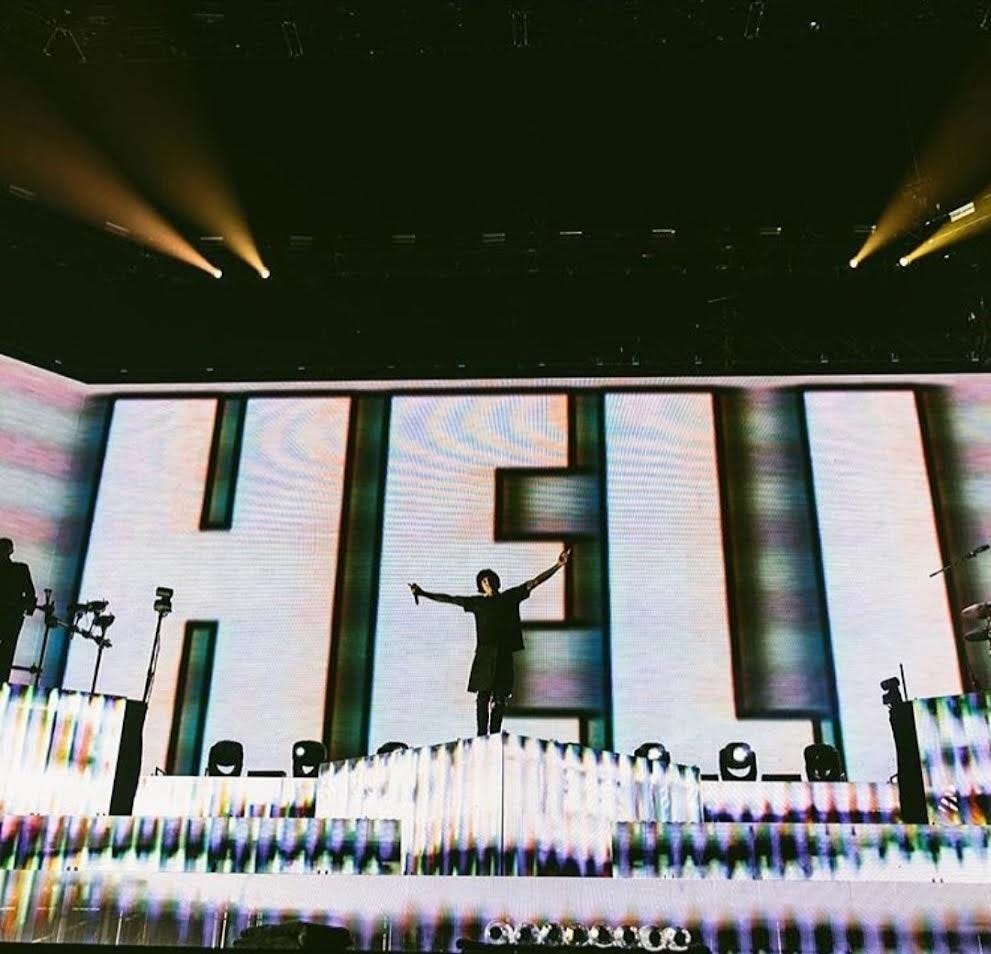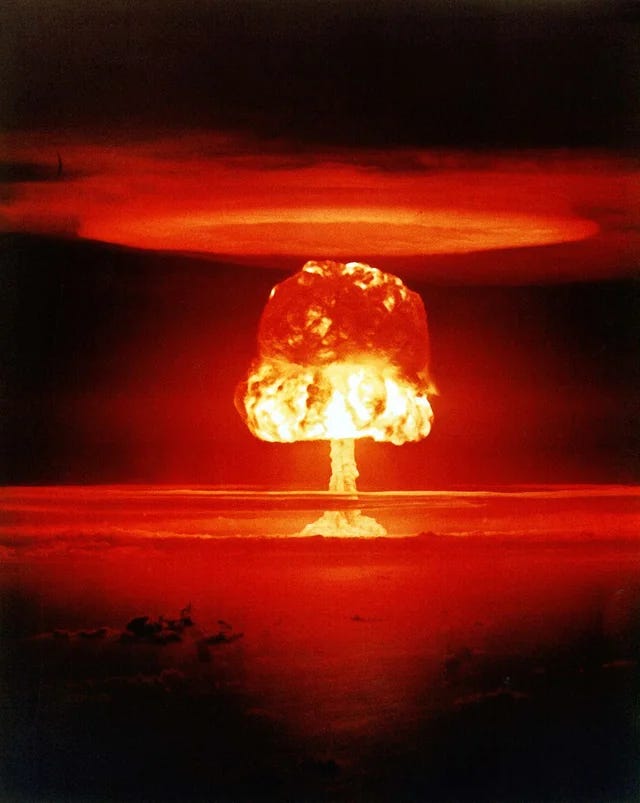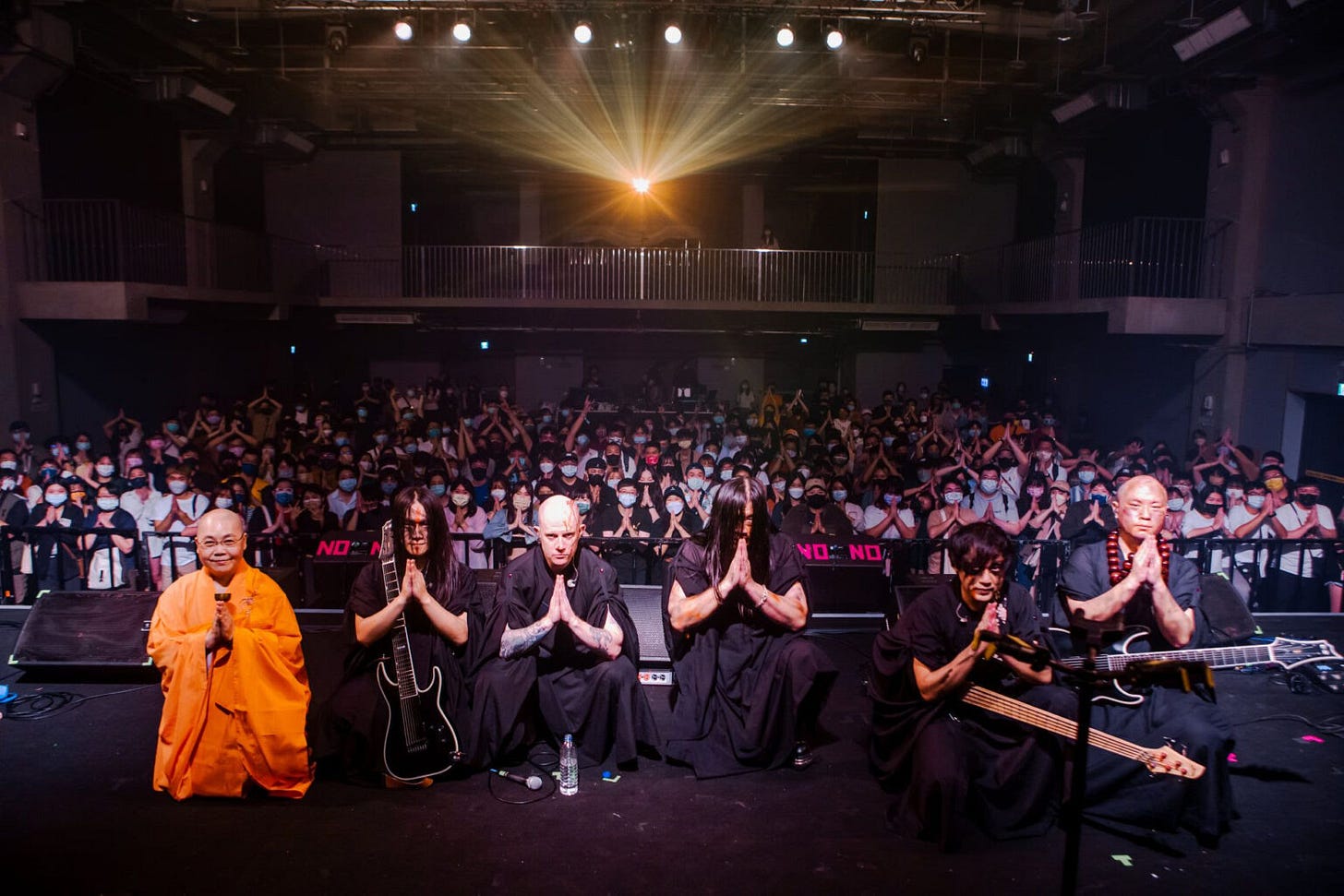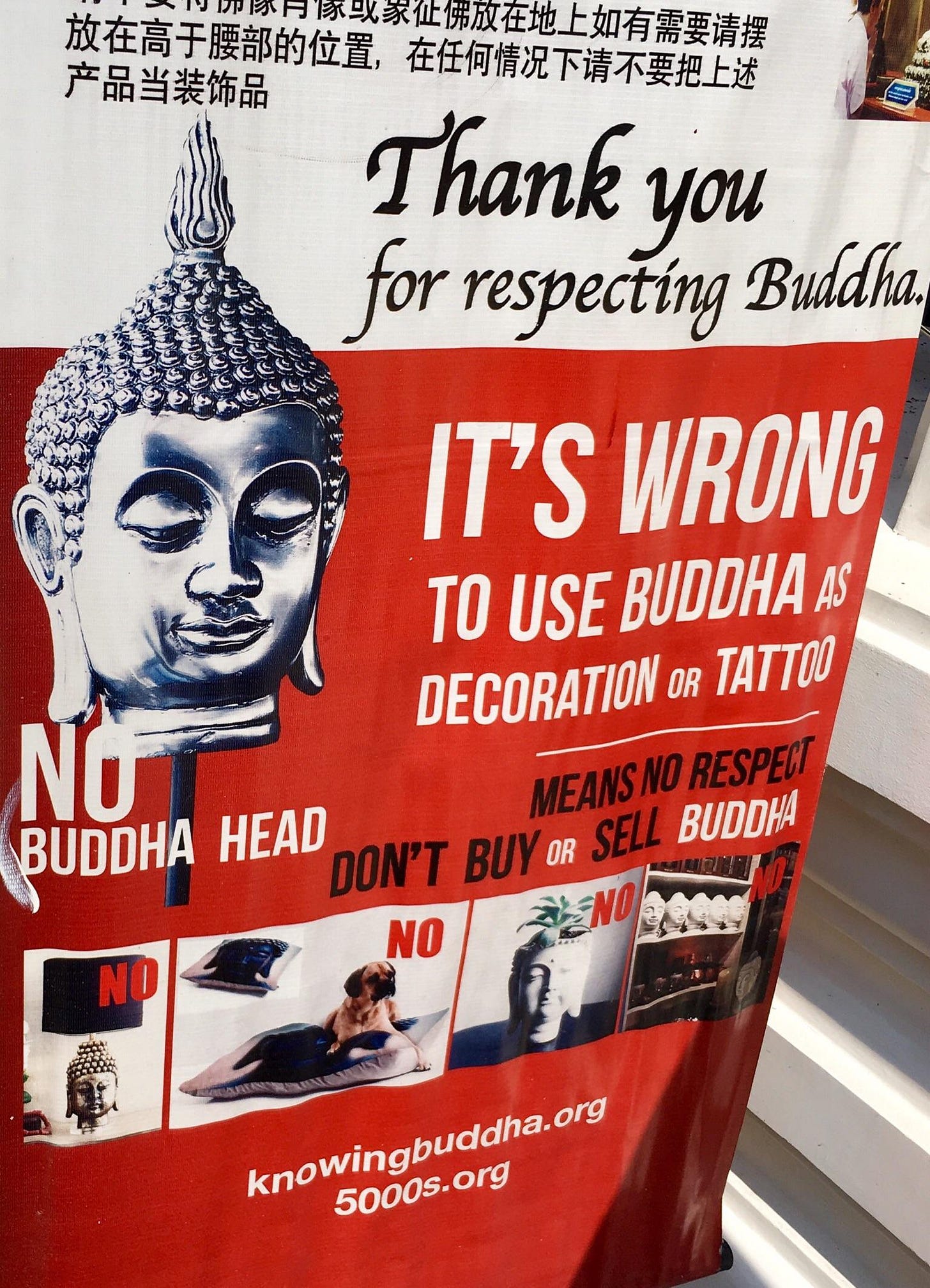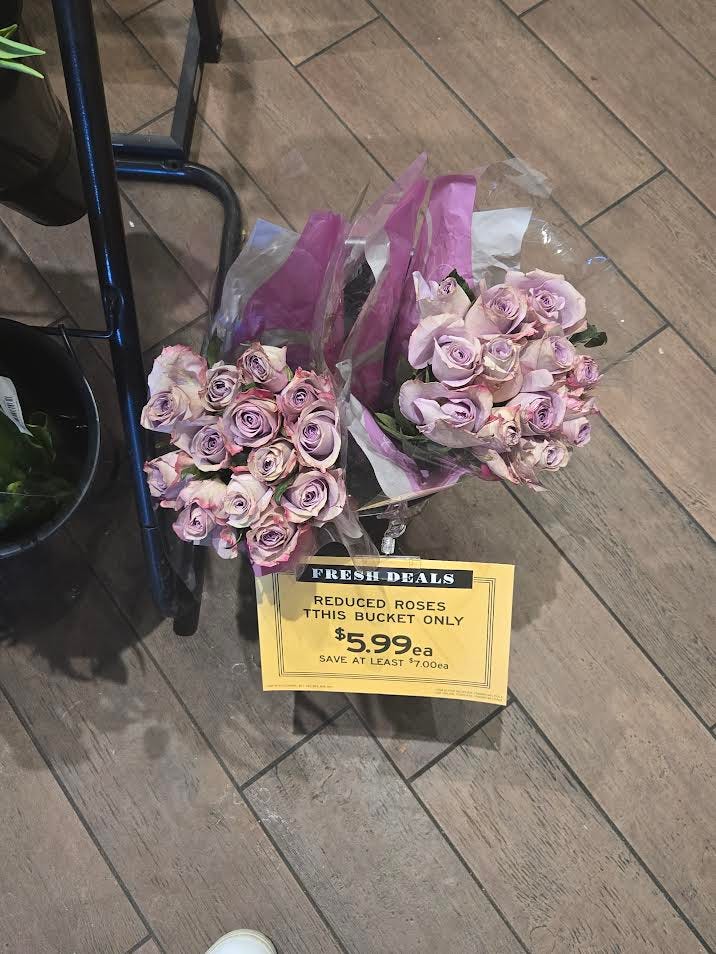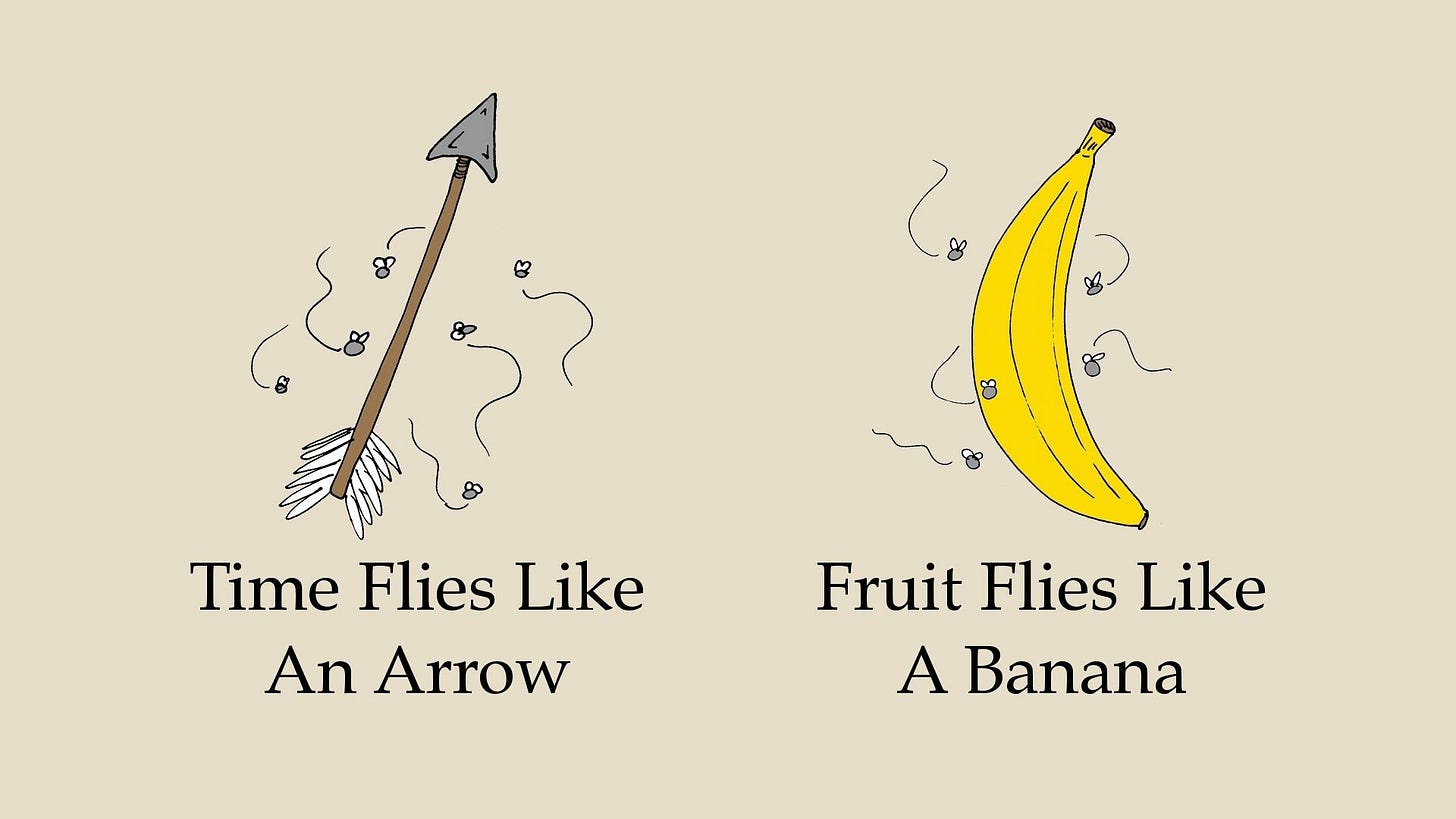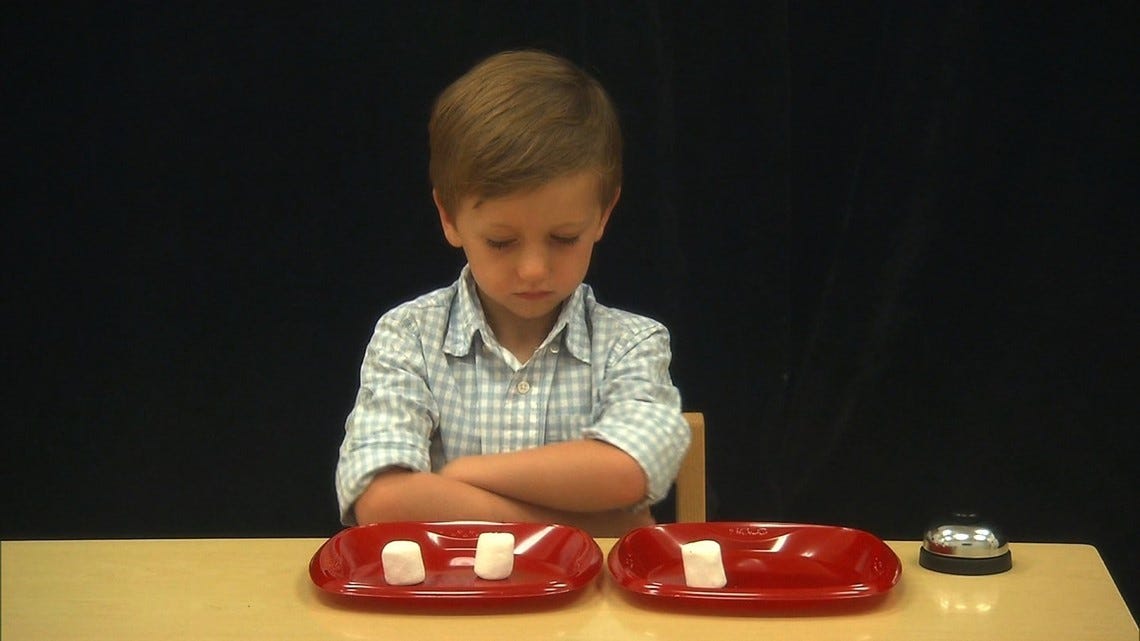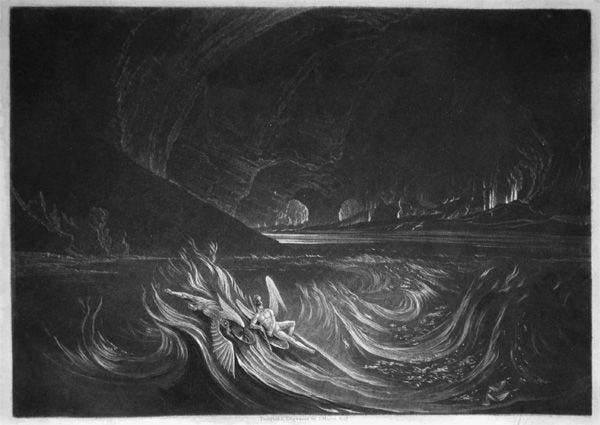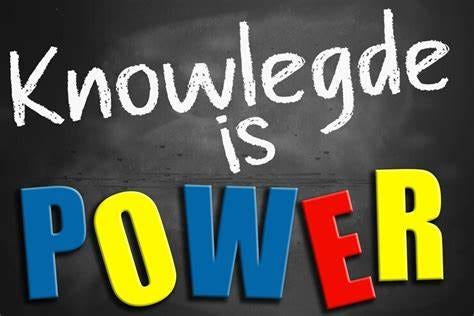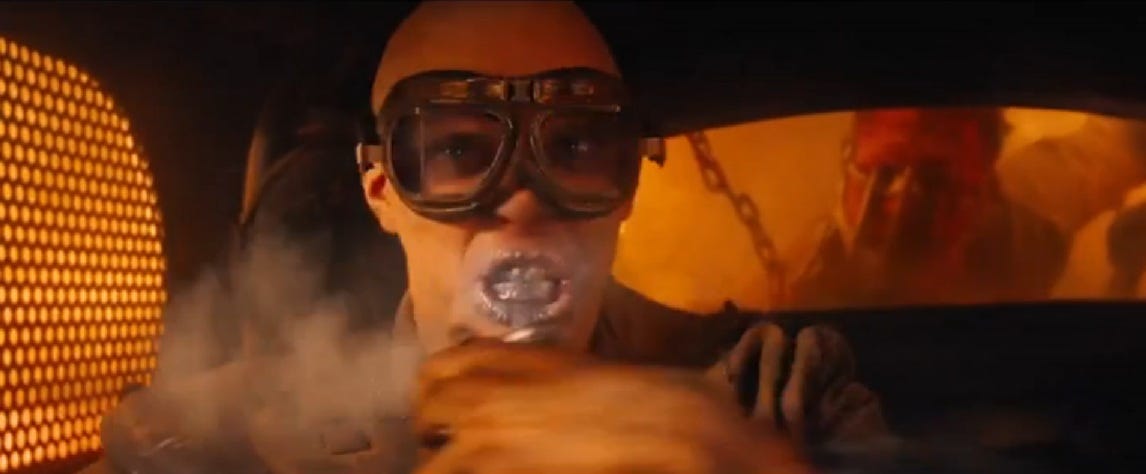He admired Lewis for going out West, as manifest destiny intended. But Clark, distraught, was left alone by the wayside.
This piece, unhinged.
This confession, futile.
~
Death Metal, Blasphemy, and Freedom from Religion
I consume vast quantities of death metal. Most lyrics, albeit unintelligible, highlight the folly of man and/or are incredibly blasphemous. Here's a selection of some of my favorites, off the top of my head:
“A soul descending swiftly
The burning stench of afterlife
No rays from heaven
Only high sun
No grace from heaven
And no son
Pleading to the sky once more
Weeping for the self
For the abandoned children of Christ
Have been laid to waste on the shelf”
Blood Eagle, Periphery: a song about heathen Vikings performing the blood eagle on Christian men, women, and children.
“Screaming in torment
Eclipsed by the shadow of regret
We took it all for granted
The only light is the embers beneath our ashes
Awaken, demon
I give you my body
Accept this offering of flesh and spirit
Unholy pact
The only light that is left
The only light is the embers beneath our ashes”
Death Magick, Enterprise Earth: a song about stifling out wretched humanity.
“I am the shadow with the eyes, eyes of fire.
I will fulfill your every hellish desire.
Come, sit on this thrown, here, beside me,
And be mine.
And we'll watch the flames get higher,
And higher, and higher, and higher!”
Ave, Ave Satanas!
Black Sabbath, Type O Negative: Satan is irresistible. He's inviting you, his sinful mistress, to rule beside him as an equal on his throne in Hell.
“Thou spiritual Sun! Satan, thou eye, thou lust!
Cry aloud! Cry aloud!
Whirl the wheel
O my Father, O Satan, O Sun!”
O Father O Satan O Sun, Behemoth: a passionate homage to Satan.
I'm obviously not a devout Catholic. People use structured religion to channel morality, deal with uncertainties, and provide frameworks for societies. For me, however, religion is a limitation that would turn me really boring if I prescribed fully to its teachings.
My thoughts are similar on Buddhism and the prescribed Eight-Fold Path. In Hermann Hesse's Siddhartha, Siddhartha concludes that the path to and the manifestation of Nirvana (which I interpret to mean total fulfillment through faith) is unique for everyone. I choose to go through hardships and make bold choices as a way of finding my Eight-Fold Path. My path might have 500 folds, or many less…who knows. God (?) knows I'm working hard to find out.
However, I conduct frequent religious fly-bys. Religion and its little nephew, blasphemy, do well to highlight the tragic beauty of human complexity. I love them just as I love death metal - I love experiencing human rage, anguish, betrayal, horror, passion, struggle, all on full, aggressive display. Although painful, the wavering of faith is as breathtaking as a withering rose. Catharsis through anger is as shocking as a phoenix reborn.
Death metal and blasphemy are so human. Good living, not holy purity, is the goal for most. Most people find fulfillment in personal suffering and feel empathy for the devil at one point or another. As the great, fictional commander and alien-murderer (Ender Wiggin) once said, "in order to defeat your enemy, you must first love them." What a complete, irony-steeped tragedy! Can any impact be had on this world without heartbreak? We are truly destined for eternal samsara.
“God has made darkness his secret place.”
Psalms 18.11
~
Buddhism
Speaking of samsara, check out one of my favorite bands, DHARMA 達摩樂隊,a Taiwanese Buddhist death metal band that combines a maelstrom of music with Buddhist sutras. I followed this band around in Taiwan and was blessed to see the phenomenon in all its glory. The crowds screamed in unison the Amitabha Pure Land Rebirth Mantra, "NAMO AMITABHAYA TATHAGATAYA!" People seem to think that death metal is the most soulless music of all, when it is in fact PACKED TO THE BRIM WITH SOUL.
"We don't do Buddhist theatre," said the drummer in an interview. The five band members represent the Dharmapalas, wrathful guardian deities who prevent their sixth member (an ordained nun named Miao Ben) from straying off the path. They meditate together and donate parts of their fees to charities. The band has sparked heated conversation about sacrilege and new horizons for Buddhism, as well as Taiwanese cosmopolitanism and Taiwan independence. German philosopher Wolfgang Welsch wrote about Dharma in his textbook, Wir Sind Schon Immer Transkulturell Gewesen: Das Beispiel der Künste, as a prime example of fascinating transculturality and human growth.
But I digress. Now it's time for me to unleash my beef with the Buddha.
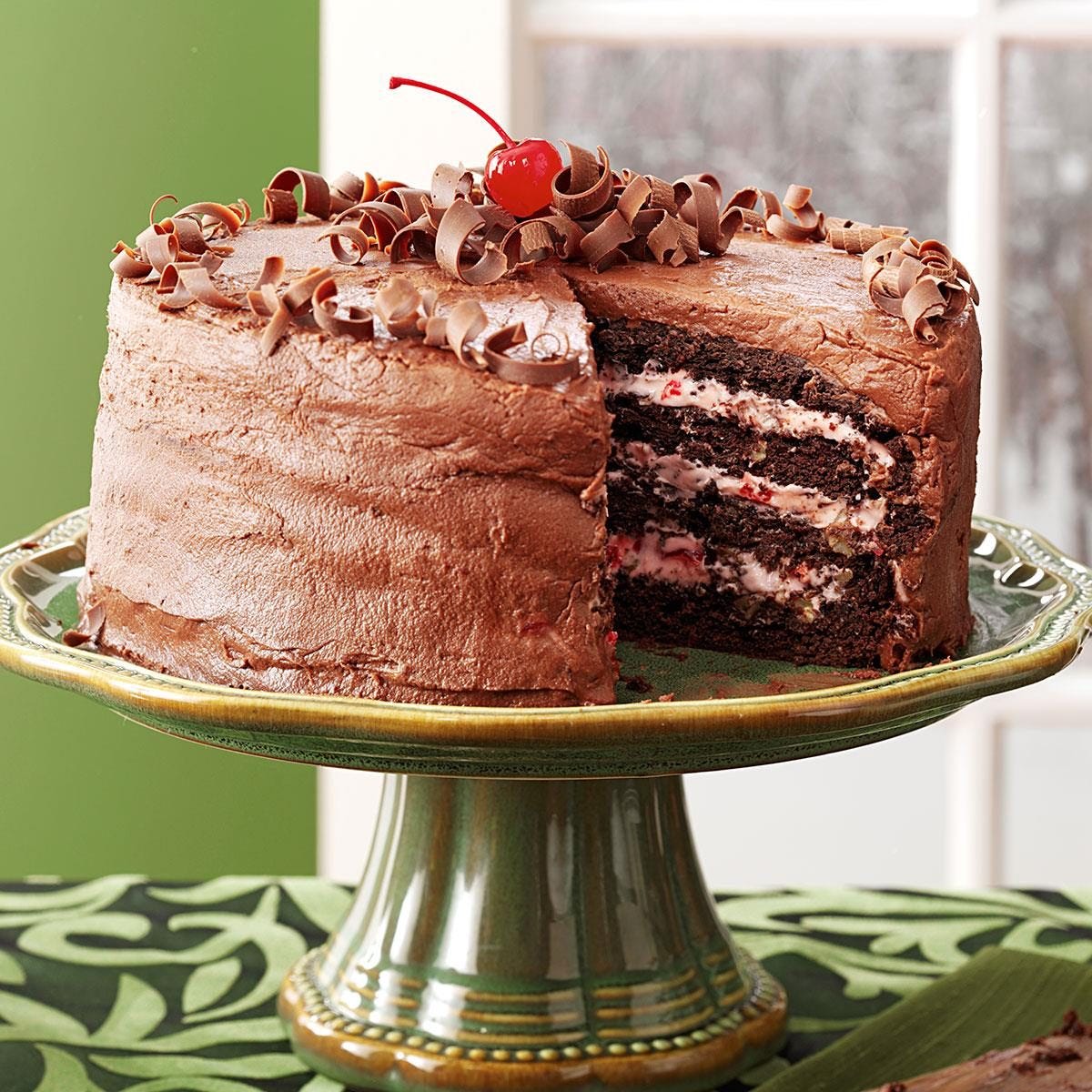
When I was a child, I reverently read all the Franny K. Stein books. The one that really stuck with me was The Fran That Time Forgot. This book starts out with the child scientist becoming annoyed at her mom for saying, "you can't have your cake and eat it too." Franny whips up this Time Warp Dessert Plate to disprove her own mother. I dunno. That always stuck with me as something profound. Beautiful, really. Thanks to this children's novel, I developed this rigid resolve that propels my intense work ethic without demanding sacrifice. I CAN have my cake and eat it too. All I need to do is try harder and think smarter.
Foolish and implausible? Maybe sometimes. But most times, I suspect, the cliche phrase is used as a cover-up for laziness. Just think about it for a minute, "you can't have your cake and eat it too." Except…you literally can. It's not that fucking hard. Just buy more cake. Or bake it. Jesus Christ! Sure, life is finite. But the amount of cake you can eat is probably finite too. You don't need an infinite amount of cake to satisfy your craving. Stop catastrophizing and just make the cake and eat the cake and make the cake again…get over yourself. You could even bake a GIANT cake or hire a personal pastry chef. You can obtain a vice grip on the cake supply chain and have your minions wait on you hand and foot, shoving cake after cake into your mouth by the minute. I promise, you have the time and ability to make this happen for yourself.
Anyway. Enough of intentionally missing the point - let's get back to the Buddha. We all know the story of how the Buddha abandoned his wife and child for the sake of his greater purpose.
"The Bodhisatta went to the chamber of his wife Yasodharā to see his newborn son one last time. She was asleep, with her hand resting on the child. He thought, 'if I move her hand to take one last look at my son, she may awaken, and my resolve may waver.' So, with a heart full of love but unwavering in his decision, he turned away and silently left the palace."
Nidānakathā (Jātaka Commentary)
I have two issues with the Buddha, and honestly, they probably stem out of a fundamental misunderstanding of the school of thought (though not for lack of me trying to understand). Indeed, if one takes the First Noble Truth out of context, it is always going to sound depressing. My issues are:
Why couldn't the Bodhisatta keep his family AND discover the Eight-Fold Path? Why couldn't the love for his wife and child have complimented his bursting drive to end suffering? Why couldn't he have his cake and eat it too?
What is the point of life without suffering? How can one know happiness without suffering?
~
The First Problem
Admittedly, rearing a family and building a religion is a more difficult combination than having your cake and eating it too. Still, I struggle to respect the Buddha because of his choice. Did I gloss over the text in the Tripitaka that mentions how one must be a selfish prick in order to achieve enlightenment? Does Buddhism suggest that love - specifically, loving my partner - is a stifling obstacle? Why can't love be a complimentary pairing to my ambitions?
My heart aches at these unbearable realities. Usually I'm the one leaving, the one restless. The 潛虯 (QianQiu, latent dragon energy) can only remain potential within me for so long. In our craze for fulfillment of a grand dream, do we murder any potential for supporting love? Did Siddhartha truly love his wife? Did you truly love me as much as I loved you? Oh, Lewis. Maybe this unbearable reality and my inability to understand the Buddha's choice is simply karma at work.
~
The Second Problem
"Isn't avoiding suffering kind of a cop-out?" is a pretty typical thought in the community of Buddhist skeptics. In Buddhism, life is suffering, by definition.
Perhaps "suffering" is a poor translation of the original Sanskrit dukkha. The slightly more descriptive statement, "all worldly phenomena are ultimately unsatisfactory and will one day result in suffering," still seems like a cop-out to me. I love life.
The Buddha: "Now this, monks, is the Noble Truth of dukkha: Birth is dukkha, aging is dukkha, death is dukkha; sorrow, lamentation, pain, grief, & despair are dukkha; association with the unbeloved is dukkha; separation from the loved is dukkha; not getting what is wanted is dukkha. In short, the five clinging-aggregates are dukkha."
~
"This body, Magandiya, is a disease, a cancer, an arrow, painful, an affliction. And yet you say, with reference to this body, which is a disease, a cancer, an arrow, painful, an affliction: 'This is that freedom from disease, master Gotama. This is that Unbinding,' for you don't have the noble vision with which you would know freedom from disease and see Unbinding.""I'm convinced, master Gotama, that you can teach me the Dhamma in such a way that I would know freedom from disease, that I would see Unbinding."
~
Life is suffering. My body is an affliction. "I'm not being pessimistic," says the Buddha, "I'm being realistic." "But don't worry," he goes on to say, "because the second part of the Buddhist message is on how to end that suffering!"
Do not judge. Forge noble purpose. Be honest with your words. Don't hurt others or indulge in excess. Work hard. Cultivate virtue. Be open. Calm the mind. These eight rules should free ourselves from our bodies and a life of dukkha. But how can I work hard without suffering? How can I build an open mind without growing pains? How can I be successful without first failing? I'm intrigued, but I don't get it.

~
Connecting my Two Problems with the Buddha
Two lovers vow to love one another until “death do us apart.” We all know that mortal love is an earthly impermanence. Yet, I fail to see how spending my whole life searching for a state of alleged permanence is a life well lived. Where’s the gratitude? Where’s the appreciation and lust for this beautiful life?
As Fyodor Dostoevsky once wrote,
“I do not ask for your love in return. To love you is enough. To have felt alive in your presence is the greatest joy, and I will carry it with me always…You came like a light in my darkness, a warmth in my cold solitude, and for that, I will always be grateful. Even if it was but for a single moment, I have known what it is to love and be loved. that moment will be mine forever, untouched by time or sorrow.”
Fyodor Dostoevsky, The Brothers Karamazov
The Buddha saw his wife as an obstacle that bound him to the wheel of samsara. Was she not also a soul worthy of his teachings? Is love a pesky desire to be vanquished in the name of enlightenment? I cannot separate Buddhism from passive, harmful avoidance. In order to achieve nirvana, Om, this alleged "greater love," I must forego all trivial loves…even my beloved.
Is falling in love not already divine? If the Buddha commands his followers to avoid overindulgence, why does he say that my love for another mortal is not enough?
“My God, a whole moment of happiness! Is that too little for a whole of a man’s life?”
Fyodor Dostoevsky, White Nights
By the way, I'm not even convinced by this Om, this greater love. Escaping samsara is the end of suffering, but it's also the end of joy, adventure, companionship. It's just…nothing. What a fun end goal!
Now, a Buddhist might say, "the joy you describe comes from having your hunger satisfied. The problem is that you'll always be hungry again at some point. Your satisfaction is only temporary. The happiness Buddhism teaches is totally different - it comes from being completely free of hunger."
The Buddha gave the simile of the leper in one of his discourses. He described a leper gaining temporary relief by scratching his sores or roasting them over the fire. One day, a doctor cured the leper, which took away his pleasure and joy in roasting his sores over the fire. Yet, in his healthy state, he led an incomparably superior, happy life.
Lewis - did you see me as a sore to roast over the fire? Did I unintentionally treat you like a scratch meant to be itched? Did the Buddha look at his wife and see only the pus oozing out of his inflamed wounds?
~
*Heartbroken Interlude*
"Time flies like an arrow," yes I fucking know it does, Lewis, and yes I know manifest destiny incarnate cannot be stopped or sacrificed.
Does the archer fear his bow? Or does he kiss each arrow goodbye as it marries the wind?
"Love without fear," we said, like that was some sort of revelation. But isn't to love to fear? I only fear that I would get hurt from the act of loving you. But is that not the truest extent of love…to exist in love despite the fear?
~
Shifting Religions - from Buddha Ramblings to Paradise Lost
I have traveled far beyond the path of reason.
Take me back to Eden…take me back to Eden!
Sleep Token, Take Me Back to Eden
Let's shift focus from the unbearable realities that Buddhism poses, to the unbearable realities painted in the epic poem, Paradise Lost.
Christianity is but a story to me, first and foremost. Paradise Lost, one of the many interpretations of the Book of Genesis, paints the story of the Garden of Eden from Satan's perspective. The book is often misunderstood - many people interpret it as a sad boi Satan fanfiction - and John Milton does in fact paint Satan in an empathetic light. This is where the reader must understand the power of good writing and empathy - because this book helped me understand the allure of Christianity, the bitter tragedy of Satan's character, the fragile beauty of the Garden of Eden, and the sheer magnitude of what humanity lost by giving into sin.
An interesting aside that paints the colorful complexity and bias of John Milton - he was a strong Protestant, and therefore very against the Catholic church and pretty much all forms of governments. Milton uses Satan as his morality megaphone to talk shit about the Catholic church multiple times throughout the book, which is HILARIOUS, enriching, and honestly a bit confusing. If Satan is telling me that priests and clergymen are bad, then am I supposed to believe him?
Here’s the backstory for this poem that triggers Satan's rebellion. One day, God calls his angels together for big meeting. He announces that there's a new creation in town - God's son - and that he is a direct extension of God's power. He tells his angels that, one day, the son would create a new realm of paradise for all of God's creatures to enjoy. All they’d need to do is obey without question.
~
Sympathy for the Devil
Satan's massive army gathers on the shores of hell. Seeing his soldiers' beaten bodies and broken spears, Satan almost feels bad for making everyone go through the agony of divine battles and kingdom building. The keyword is, "almost," since Satan won't do anything to alleviate their pain - he just resents the situation.
After constructing Pandemonium, the capital of Hell, Beelzebub suggest to King Satan that they instigate another war with God by corrupting his beloved new creation - humankind. Satan volunteers to travel to the Garden of Eden himself and thus leaves Hell to embark on his new quest. Sin and Death, who follow him, build a bridge between Hell and Earth. Since the archangels who guard the Garden of Eden have no concept of contempt, guile, or deceit outside of what Satan did, the innocent Uriel lets Satan (disguised as a cherub) right on in.
"Better to reign in heaven than serve in hell." Satan returns to this motive over and over during his periods of "almost" feeling empathy, or "almost" asking for forgiveness from God. This motive traps him in his own misery.
As Satan flies over the Garden of Eden, he is overcome by the beauty of it. He becomes emotional and starts to worry that he's screwed everything up. "Was my rebellion even worth it? If it wasn't for my actions, I could be like Uriel and the archangels. I could be a part of this beauty. Shit man…I’m not even worthy of stepping foot in this pure, holy place. I've built my pathetic throne in Hell, a place of misery, and I take that misery with me wherever I go."
Which way I fly is hell?
Myself am hell.
Paradise Lost, Book IV, 75-79
While soaking in the lush beauty of the garden, Satan wonders if he should ask God for forgiveness. Keep in mind the fact that Milton wrote this in the 1600s, where sympathy of the devil could've gotten him executed. Remarkably, Milton conveyed to his audience that trying to understand the condition of one's enemy was far more useful than writing them off as, simply, "evil incarnate." But indeed - compassion can be a slippery slope.
As Satan considers asking God for forgiveness, he stops himself. "No…that's not what I want!" Satan got his first taste of absolute power when he led the rebellion in Heaven, and first taste of control when he sat upon his thrown in Hell. He could never return to Heaven, be subservient to God, or act as a happy being, because he would always want control over his own agency. Satan had busted his ass to build Pandemonium. That effort was his alone, his pride and joy, and he wasn't about to let his hard work amount to nothing.
Satan makes the grim, final realization that further seals his fate: while God forgave his creatures time and time again, he would never forgive Satan. Satan convinces himself that the beauty of Eden never made him waver in his own beliefs and purpose. He never wanted forgiveness and was never going to change - and God knew this all along.
Again, Satan feels pain while spying on Adam and Eve - these pure beings who are so beautiful and in love with each other. Once again, he snaps out of it and tells himself that he's too far gone. If he can't experience the love that these two share, then nobody can. He hears Adam and Eve talking about how they're not allowed to eat from the Tree of Knowledge. He concocts his wicked plan.
Later on, Satan slips into Adam and Eve's thicket. He transforms into a frog and starts whispering into Eve's ear, which is really bizarre imagery. The archangels get wind of this (finally) and confront him.
"Who are you?" one of the archangels asks.
Satan scoffs and says something like, "I was the one who led armies against you and waged war in heaven. Are you too stupid to recognize me?"
The angels reply, "the reason we didn't recognize you was because hate and turmoil have taken so much away from your heavenly power. You're unrecognizable from the Satan we once knew."
Indeed - when Satan does eventually trick Eve, he takes the form of a deceitful creature that crawls on its belly.
As sinful humans, who are we to blame Satan and his behavior? I, too, want control over my own agency. I, too, do not wish to be subservient to a God. I get angry when someone tells me to fall in line. Satan was willing to take up for freedom and fight for what he believed in. Still, it’s undeniable that a desire for complete control will drive a man to misery.
Despite his personal arrogance and weakness to prideful temptations, Satan can feel pain and recognize beauty. He wonders why God bothered to make him in the first place.
~
The Futility of Free Will
It's not wrong to ponder and question God's actions. Yeah…why did he create Satan?
God is omniscient and knew Satan would rebel. Nonetheless, He created Satan with a free will. Lucifer chose, through his own free will, to rebel against God and fall from grace - but his rebellion didn’t change God's original intent for creation. In fact, God's sovereignty extends even to Satan's actions. Satan's existence illustrates the concept of free will and the consequences of rejecting God.
But wouldn't have an omnipotent God have recognized the futility of free will? Did he intend for his creations to be unsustainable? Even God's powerful archangels were too innocent and vulnerable to protect the Garden of Eden from Satan's manipulation (Satan literally just hopped over the fence). That begs the question - does God care about us? Are we just fish in a fish tank to him? Does he look down on us with mild, forgetful intrigue? Does he look forward to our inevitable demise?
Through ignorance, Satan manipulates his subjects. He convinces Eve that she must acquire more knowledge, and that the only thing she needs to succeed is herself. God makes Satan's job easy by sticking the Tree of Knowledge directly smack in the middle of the garden. Why'd he do that!?
"And the LORD God commanded the man, 'you are free to eat from any tree in the garden; but you must not eat from the tree of the knowledge of good and evil, for when you eat of it you will surely die.'"
Genesis 2:16-17
God's creation could never be perfect or remarkable without the infusion of free will. Without the conscious choice to avoid the forbidden fruit, Adam and Eve would have been robots, simply doing what they were programed to do. Through choice, humanity had the opportunity to remain perfect.
Eve fell to sin by Satan's manipulation, but also by God's design. And guess what caused Adam to fall directly after her? That's right…LOVE!
Ah…the futility of our own beauty! And now we live in a world full of chaos and sin, where knowledge is power!
Similar to my issues with the Buddha, I have a hard time understanding and subscribing to this. The god that I am crafting in my mind did not make humans in its own image - and I think Christians are just in denial with the fact that their god’s actions are completely incomprehensible to us. I could blame this Christian god for my misfortune just as much as I could thank him for my blessings. Just as I rule completely over my gut biome, I prefer to believe that my god's intentions are too grand for my puny little mind to understand. I take the phrase, “God works in mysterious ways,” to heart. I’m not sure what that means for my faith, but I find strange comfort in its lack of structure and unpredictability.
~
Adam and Eve's Power
Quick aside - Satan fails to understand that purity and power can exist together. Adam and Eve had both agency and power. They were the benevolent rulers of their own realm of creation, with total dominion over the plants and animals. They'd wake up in the morning and dutifully carry out their work with joy - tending to the flowers…picking the fruit…arranging and caring for the garden in whatever way they wished. The concept of hierarchy and power did exist - but in such a perfect, contented way that lions were able to lay with lambs.
Adam and Eve's benevolent power played hand in hand with their contentedness - prior to Eve's sin, they never yearned for more than what they had.
It’s a beautiful concept that I find just as unrelatable and unrealistic as the Buddha's "life is suffering."
Raphael's Warning on Love
Whenever Adam looks at Eve, he smiles upon her with a superior love. Archangels looked upon Adam favorably and even revered Eve as holy - largely because the couple was able to experience a love that archangels could never know.
Prior to Eve's original sin, Adam is attempting to paint the sheer power and beauty of the love he feels for Eve in a conversation with Raphael. He eventually alludes to Raphael, warily, that he is a bit afraid of this love.
"Eve totally wouldn't make a mistake…but I'm just saying, if she did…my love would render me powerless, with no other choice but to follow her in sin."
Raphael replies with a warning,
"…To whom the angel with a smile that glowed Celestial rosy red, love's proper hue,
Answered…
Be strong, live happy, and love, but first of all
Him whom to love is to obey, and keep
His great command; take heed lest passion sway
Thy judgement to do aught, which else free will
Would not admit; thine and of all thy sons
The weal or woe in thee is placed; beware."
Paradise Lost (Book VIII, 618-638)
Of course, we all know how this story ends. Even angelic warnings were futile against the power of love. To this day, we continue to wage wars for love. Perhaps love is why we will never know peace. Perhaps that's why the Buddha seems so against it.
I question the power of free will in the face of love. With the chains of love wound so tightly around Adam's heart, did he really have any free will left by the time Eve presented him the apple?
That's some food for thought.
Crunch.
~
Adam, a Man Who Sees Through Time
Adam and Eve, now scared, spend their final moments in Eden feeling terror at these divine monoliths of power - which they once knew as their angelic friends. As Eve cries, Adam holds her and says, "it will be okay. You are still my holy mother."
Lewis, I suppose that's the love we all know currently - to love in spite of sin. To love in spite of fear. Love - a chain, a drug, a limitation, but our only worthy purpose. Michael confirms this by telling the two, "the most important thing you have on earth is the unity between yourselves. Whatever happens going forward, God will never break the promise that you two were made for each other."
In the final pages of John Milton's poem, Michael takes Adam to a mountain top and reveals to Adam the unbearable, unthinkable reality unleashed by his love-led choice. The archangel drops well water into Adam's eyes, which allows Adam, the father of mankind, to witness a complete run-through of humanity.
Adam sees the fate of his first sons, Cain and Abel. He witnesses fire, flood, war, disease - all consequences of his own actions. He sees empires rise and fall, whole populations turn evil, the creation of the tower of Babel, the spread of humanity across the globe, and the covenant of God's mercy.
Despite being in pure agony, Adam grows excited when he hears about Mary and her son, Jesus. Adam says, "that's the guy who is supposed to fight Satan! Please, please, let me find comfort in the story of his great battle."
Michael delivers a crushing line in response. “Well…there won't be a battle. Instead of arriving with the glory and fury of an army to make all mankind bend to his divine will, Jesus will step down lower than man. He will allow himself to be beaten, hurt, and murdered by them, so that he can take on the debt of humanity in an ultimate, final sacrifice of love."
With one act of envy and pride, humanity was condemned.
Then, with another one act of love and humility, humanity was saved eternally.
And throughout it all - the corruption, death, chaos - free will never left and the beauty of humanity never died.
~
Conclusion of Paradise Lost
Fools in love are hilarious. Adam himself knew that Eve could be his downfall, but he'd have made the choice again and again to taste her fruit. Adam warned the archangels and God of his dangerous, overpowering love - and God did nothing. Who was God to intervene in something so beautiful?
All love is tragic, but divine.
We are destined for eternal samsara.
Gladly.
~
Ironies of Love
In religion and in life, paintings of love confuse me. Is love a choice born from free will, or is love the ultimate subjugator of free will? Is love the reason we are doomed to sin, or is love the reason we are saved? Love seems to be a black hole, in which right and wrong, good and evil, strength and weakness, all become synonymous and indistinguishable.
We all inevitably prescribe to a set of delusions. Lewis, am I willingly stepping into a deep trap, or am I setting myself free? Or, given my grand free will, is the choice to be with you whatever I want it to be? All this philosophizing, and still - I just hope to love you so deeply that all my uncertainties fade.
All this thinking. This confession. Perhaps even my peacekeeping ambitions. All futile. There's a lot I want out of life, but I so desperately want you to witness me.
~
Mystery of Faith: Keeping Hope Alive
"Mystery of faith" is a concept in Christianity that I FW heavy. The reality of faith is that it goes beyond the possibilities of full human comprehension.
"They must keep hold of the mystery of faith with a clear conscience."
1 Timothy 3:9
Some Christians believe that these hidden core beliefs and truths will be revealed through divine revelation. I'm not convinced that I will ever be blessed with such revelations - especially when the Buddha is telling me of a greater love, frog-shaped-Satan is whispering of a greater power, and God is commanding my unwavering obedience.
And yet - I still hold onto hope that I will one day crest these unbearable realities. Perhaps with you, Lewis, by my side.
~
"Then wilt though not be loath
To leave this Paradise, but shalt posses
A paradise within thee, happier far."
Michael, as he leads Adam and Eve out of Paradise, Paradise Lost, Book XII, 585-587
~
Written: by Clark, heart shattered but happier far


